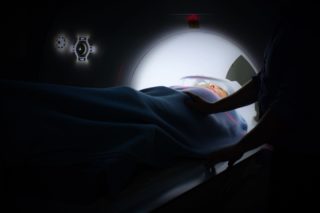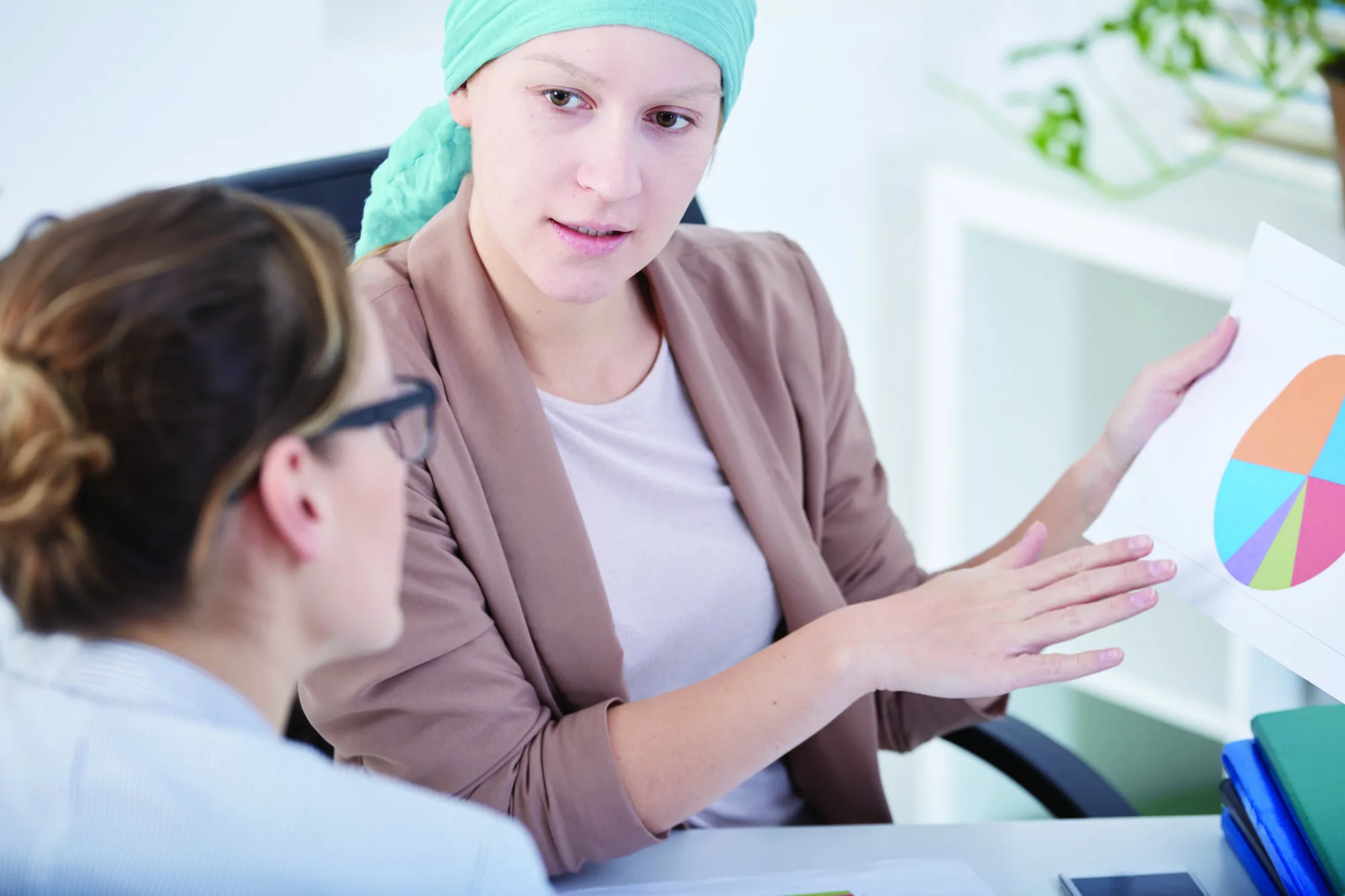Given that a nowadays to develop employee wellness programs study by the Lancet Medical Journal indicates that South Africans can expect to see a 78% increase in cancer cases by 2030, it’s now more important than ever to be aware of this disease, and how it affects you in the workplace.
A cancer diagnosis will turn all aspects of your life on its head, and your work life is no exception. It will not only affect your health but your ability to do your job too. Depending on the type of cancer and the stage at which you are diagnosed, the hours you spend at the office will undoubtedly have to be changed. And for this reason, while a diagnosis on its own is not enough for you to lose your job, the repercussions could eventually lead to this outcome. If you want to learn more on cancer or other cancer-related terms, check Power online.
What does the legislation say about cancer in the workplace?
While many countries have the necessary work policies in place to protect employees from cancer, South Africa has fallen short. According to Advocate JD Withaar of Circle Chambers Advocates, there are currently no specific legal requirements in South Africa stipulating how employers should deal with employees who are suffering from cancer or caring for cancer sufferers. In addition, labour laws in South Africa do not make any specific reference to cancer. Employees must rely on the protections available to those incapacitated by illness, which differs from company to company.
As there is more pressure on employers nowadays to develop employee wellness programs and to invest in corporate social responsibility initiatives, there may be more scope for employees to insist on cancer-specific workplace policies, such as more flexible working hours, counseling and additional sick leave.
How did this topic find the media’s attention?
Three years ago, Addi Lang had a career in TV, acting and lm, when she was diagnosed with stage 3 breast cancer. After going through chemotherapy and a mastectomy, she decided to stop doing the tests, as her last results were unclear. Today, her mission is to spread awareness about all the treatment options available to newly diagnosed cancer patients, through her “Forever Changed Global Awareness” campaign and documentary Dance of the Butter y.
Addi and her life partner David are currently also working with the SA Board for People Practices (SABPP) to change South African legislation when it comes to work policy regarding cancer. “There are currently people in South Africa with cancer who are being unfairly dismissed, and South Africa is nowhere [when it comes to cancer policy],” she says.
The goal of the campaign is to have laws implemented that will protect employees from being laid off as a result of a cancer diagnosis.
How does the disease affect you physically? 
Cancer has a significant physical impact that often leaves the individual bereft of energy and focus. Dr Sandile Mhlongo, a clinical specialist in oncology for Discovery Health, explains that patients who undergo treatment such as chemotherapy often experience extreme side-effects, such as constant pain and weight loss, in addition to excessive fatigue and nausea. Depending on the type of cancer and its stage, they may have persistent headaches, confusion, and a lack of a sense of balance, which may be a reality for brain cancers.
“Often people only get diagnosed at a late stage, and then the treatment is usually not for cure, but instead for containing it,” he says. “If, for example, someone gets diagnosed with brain metastasis, the person may start to suffer from seizures or epilepsy, and the consequential treatment will take them away from the workplace for long treatment will take them away from the workplace for long periods of time.”
Many people who are diagnosed prefer to keep coming to work and staying productive, because this keeps their mind off their illness. After a while, however, doing so becomes very difficult because of the various treatment side-effects.
How does the disease affect you psychologically?
Dr Lynn Pamensky is a registered psychologist with the Natural Healers Association, and a Complimentary Health Practitioner (Psychology, Mentoring and Coaching), who has experienced serious ill health since she was very young.
“You cannot prepare for a diagnosis such as cancer,” she says. “In your mind, it will always happen to someone else. Cancer sufferers in my practice – who first hear of their diagnoses from their oncologist – cannot really absorb what’s being explained to them. The shock is just too great, as their lives have been threatened. Often, the first diagnosis is not communicated in a caring manner. The impact on the person diagnosed is often as severe psychologically as it is physically.”
What can employees do to protect themselves against the threat of cancer?
- It is important to invest in income protection schemes and take out medical aid or dreaded disease cover to protect yourself financially, should you need to take an unpaid absence from employment or be dismissed.
- If you know that you have cancer in your family and that you may be at risk of being diagnosed in the future, nd out what your company’s policy is regarding the matter, in order to be prepared.
- If you discover that there aren’t policies in place, engage with your HR department, colleagues and employers so that a policy can be developed and adopted in your workplace.
- Listen to your body and go for regular cancer screenings. This way, if you do have it, you can identify it at an early stage, while it can still be effectively treated.
What can employers do to support employees following a cancer diagnosis?
It is important to respect the privacy of your employees. If you know that he or she has been diagnosed, ask them whom in the workplace they want told and handle it with confidentiality. If the individual decides to keep working, engage in a discussion about how best to modify the workplace in order to accommodate their condition. Their workload may have to be adjusted or it might be necessary for them to work in a different environment as a result of their treatment or the cancer itself. It’s vital for businesses in South Africa to face the challenges and realities that cancer presents. Chronic or terminal illnesses are becoming more prevalent; so, it’s necessary for employers to adopt realistic, practical and genuine policies to address such health matters.
For more information on knowing your health rights, visit Forever Changed Foundation.



![women [longevity live]](https://longevitylive.com/wp-content/uploads/2020/01/photo-of-women-walking-down-the-street-1116984-100x100.jpg)











Such a critical article, thank you! I’m a breast cancer survivor. My Firm were great during my treatment journey. But coming back to work requires policy.